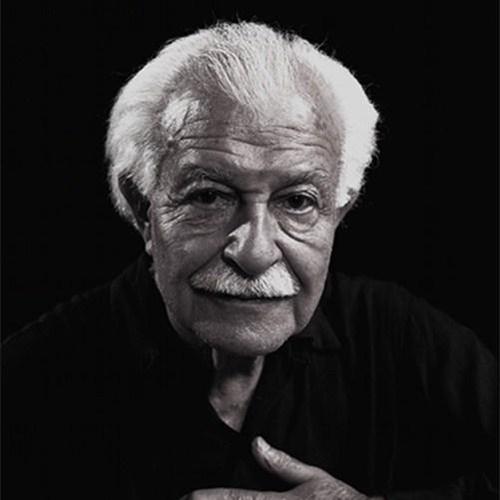
Arthur Fiedler
by Jason AnkenyEasily the most popular conductor of his era, Arthur Fiedler was classical music's greatest ambassador since Mozart; without regard to cultural and economic lines, he promoted symphonic music for the enjoyment and appreciation of all listeners, programming pieces by everyone from Pachelbel to Gershwin to the Beatles. Born December 17, 1894 in Boston, Massachusetts, Fiedler was the son of a violinist in the Boston Symphony Orchestra; at the age of 15, he traveled to Berlin to study under the virtuoso Willy Hess, and while there also explored chamber music and conducting, in the process gaining an intimate knowledge of the Western European classical tradition. By 1915, Fiedler was back in the U.S., signing on to the Boston Symphony as a violinist; however, his own desires to conduct prompted him to form the Arthur Fiedler Sinfonietta, a tiny orchestra comprising other top BSO players. With the Sinfonietta, Fiedler introduced his legendary Esplanade Concerts along the banks of the Charles River; the first such American performances of their kind, they combined classical and popular music to appeal to the widest audiences imaginable, and in the years to follow became a staple of Bostonian culture, to this day continuing to draw hundreds of thousands of people each year. In 1930, Fiedler was appointed to the conductor's post of the Boston Pops Orchestra; he maintained the position for the next half century, establishing the Pops as a beloved institution recognized for its celebration of music as a universal language. Fiedler's Pops recordings were a true phenomenon, selling over 50 million copies during his lifetime; they made him a rarity -- a true classical crossover superstar -- and when he died on July 10, 1979, his passing was mourned across the globe.
